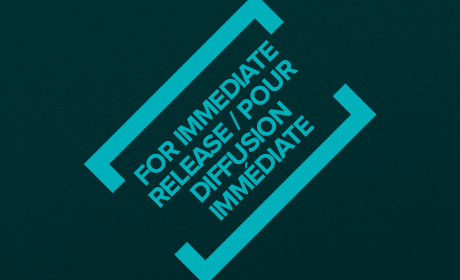Do you know where your food comes from? New interactive website explores food sources, diversity, threats and solutions

OTTAWA, October 26, 2013 – Seedmap.org is a unique online tool to provide you insight into where our food comes from, the challenges facing agriculture today, and strategies to overcome them. Using Google Map technology, the virtual map brings these issues directly to the classroom, your discussion group, and your breakfast table.
Seedmap.org, developed by the Ottawa-based non-governmental organizations USC Canada, and The ETC Group, chronicles hundreds of case studies that bring critical food issues to life. It also offers an extensive online reference on seeds, biodiversity, corporate concentration in the seed and food sector and other agricultural issues.
“We are releasing Seed Map at a time when safeguarding our seed diversity and food supply is more urgent than ever,” says Susan Walsh, USC Canada’s Executive Director. “We need to act now to build seed diversity and to protect the genetic resources of our food
production landscapes. Biodiversity ensures we have options to handle climate pressures and extremes. It is nature’s brilliant insurance policy against disaster!”
“Although, we rarely think about seeds, nine out of every ten bites of food we eat today start with seeds”, says Pat Mooney, Executive Director of the ETC Group. “And they are under incredible threat, not only from climate change but from corporate agri-business. We have lost three-quarters of our plant genetic diversity in the last century within an industrial food system dominated by twelve plant and five animal species. Thankfully, smallholder farmers feed over 70 percent of the world from a much wider diversity of seeds and food crops.”
Climate change is one of the most menacing obstacles to food diversity, food security, and biodiversity around the world. “Seedmap.org shows how increasingly unpredictable and more frequent weather extremes are impacting small-holder farmers and how their innovative, agro-ecological practices can build a more resilient food system,” adds Faris Ahmed, USC Canada’s Director of Policy and Campaigning.
USC Canada supports programs, training, and policies that strengthen biodiversity, food sovereignty, and the rights of small-holder farmers around the world. The ETC Group addresses the issues surrounding new technologies that potentially have an impact on the world’s poorest and most vulnerable people.
-30-
For more information contact:
Susan Walsh, Executive Director, USC Canada: 613-291-9793 (cell)
Pat Mooney, Executive Director, ETC Group: 613-240-0045
Faris Ahmed, Director, Policy & Campaigns, USC Canada: 613-234-6827, ext 223 or
613-263-5671(cell), fahmed@
- Log in to post comments


Comments
https://123movies.training/
What is an outstanding post! “I’ll be back” (to read more of your content). Thanks for the nudge! https://123movies.training/